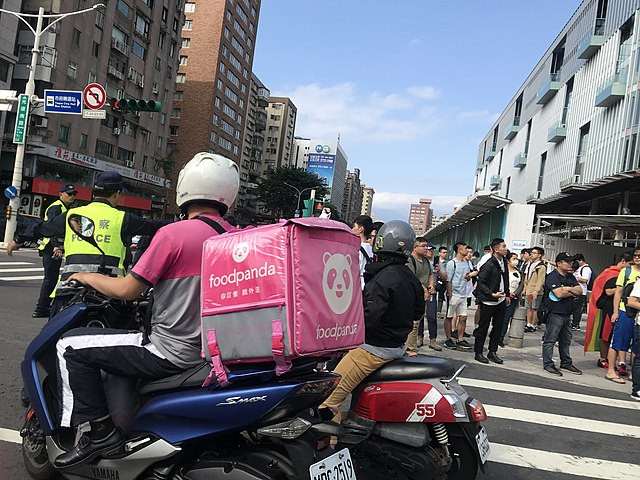Uber Technologies Inc. has announced a $1.25 billion deal to acquire Delivery Hero's Foodpanda business in Taiwan. The transaction, unveiled on Tuesday, includes $950 million in cash for the Taiwan operations and an additional $300 million for newly issued shares in the German firm. The deal is set to enhance the liquidity of Delivery Hero, which is facing increasing competition in Asia.
Uber's Senior Vice President of Delivery, Pierre-Dimitri Gore-Coty, emphasized the significance of this acquisition for the company's growth ambitions in Taiwan's burgeoning food delivery market. "Bringing together our distinct customer bases, merchant selections, and geographic footprints will allow us to deliver more choices and the best prices for consumers, stronger demand for restaurants, and more earnings opportunities for delivery partners," Gore-Coty stated.
The acquisition is pending regulatory approval and is expected to be finalized in the first half of 2025. The move underscores Uber's commitment to expanding its delivery services amidst a backdrop of intense market competition and evolving consumer demands.
Delivery Hero's CEO and co-founder, Niklas Östberg, indicated that the company would focus its resources on other regions where it can make a significant impact. "We need to focus our resources on other parts of our global footprint, where we feel we can have the largest impact for customers, vendors, and riders," Östberg said in a joint statement.
The Foodpanda operations in Taiwan have been notable for achieving break-even adjusted core earnings over the past 12 months, processing transactions worth 1.6 billion euros ($1.73 billion). This financial stability positions Uber to capitalize on the existing market foundation while scaling up its service offerings.
In addition to the Taiwan acquisition, the deal includes Uber's purchase of newly issued Delivery Hero shares at 33 euros each, a 30% premium to the firm's closing share price on Monday. Uber anticipates that this acquisition will contribute at least $150 million annually to its adjusted core profit within a year of the deal's closure.
Despite the positive outlook, analysts have flagged potential regulatory risks due to Uber and Delivery Hero's combined 90% market share in Taiwan's food delivery sector. Such a dominant position could attract scrutiny from competition watchdogs, posing a challenge to the deal's final approval.
Singapore's competition authority had previously investigated a potential merger between Grab Holdings and Delivery Hero, expressing concerns about market competition. Although those talks collapsed, the regulatory environment remains a critical factor for any major consolidation in the food delivery industry.
Delivery Hero has been actively restructuring its business, seeking to divest assets in selected Southeast Asian markets to enhance profitability. The company had ended negotiations in February regarding the sale of its operations in some regions, but it continues to explore potential deals.
Uber's acquisition comes at a time when food delivery services in Asia are navigating post-pandemic market dynamics. While the industry saw a boom during the pandemic, companies now face challenges related to thin margins and the need to offer competitive discounts and promotions to retain price-sensitive customers amid rising inflation.
This deal represents a significant step for Uber as it looks to bolster its presence in a key market. The integration of Foodpanda's operations is expected to provide Uber with a robust platform to drive growth and innovation in the region.
With this acquisition, Uber aims to leverage synergies and expand its market share, positioning itself as a leading player in the global food delivery market. The success of this venture will depend on effective integration and navigating regulatory landscapes to achieve sustainable growth.






